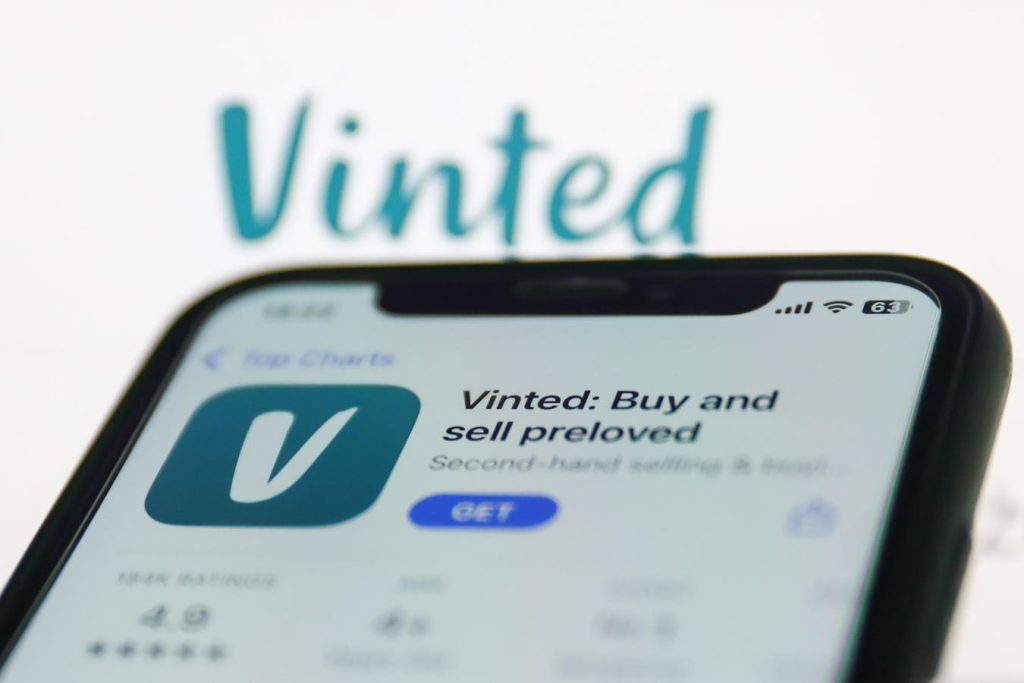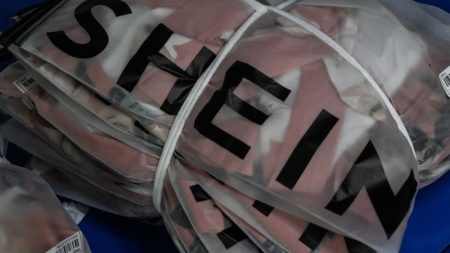The rise of pre-loved apparel has led to online second-hand fashion platform Vinted experiencing profitability for the first time last year, with a 61% increase in sales to around $643 million. The Lithuania-based company attributed its sales growth to entering new European markets, expanding into luxury fashion through the acquisition of Rebelle, and launching a verification service. In its latest results, Vinted reported $639 million in sales and a profit of $19.1 million, a significant improvement from the previous year’s loss of $21.4 million.
Vinted, which employs over 2,000 people, obtained a $55 million credit facility in late 2022 to support its expansion plans, which include acquiring other businesses and developing its delivery service, Vinted Go. CEO Thomas Plantenga outlined various growth strategies, including entering new geographies and product categories. He emphasized that the second-hand fashion market is still in its infancy and holds great potential for growth.
Although other online pre-loved specialists like Depop and RealReal reported losses last year, ThredUp’s co-founder and CEO James Reinhart highlighted the increasing popularity of second-hand fashion among Gen Z and Gen Alpha consumers. He believes that circularity will become the norm for consumers, similar to how recycling has become a common practice today. Reinhart noted that the uniqueness and freshness of pre-loved items set them apart from fast fashion, making them desirable for consumers to revisit and purchase regularly.
At the World Retail Congress in Paris, Depop’s director of sustainability Justine Porterie stressed the importance of making circular fashion appealing to consumers in order to drive its adoption. She emphasized the role of companies in making sustainable options desirable, cool, and accessible to consumers. Porterie highlighted the need for a collective effort from both businesses and consumers to create a more sustainable future, indicating that individual choices can contribute significantly to promoting circularity in the fashion industry.
The shift towards second-hand fashion reflects changing attitudes towards sustainability and the environmental impact of clothing production. As consumers become more aware of these issues, they are increasingly turning to pre-loved items as a more eco-friendly and ethical shopping option. The success of Vinted and other online platforms in the pre-loved fashion market signals a growing demand for sustainable and unique clothing alternatives, paving the way for a more circular and environmentally conscious fashion industry in the future. With the support of consumers and businesses alike, the pre-loved fashion market is poised for further growth and innovation in the coming years.















